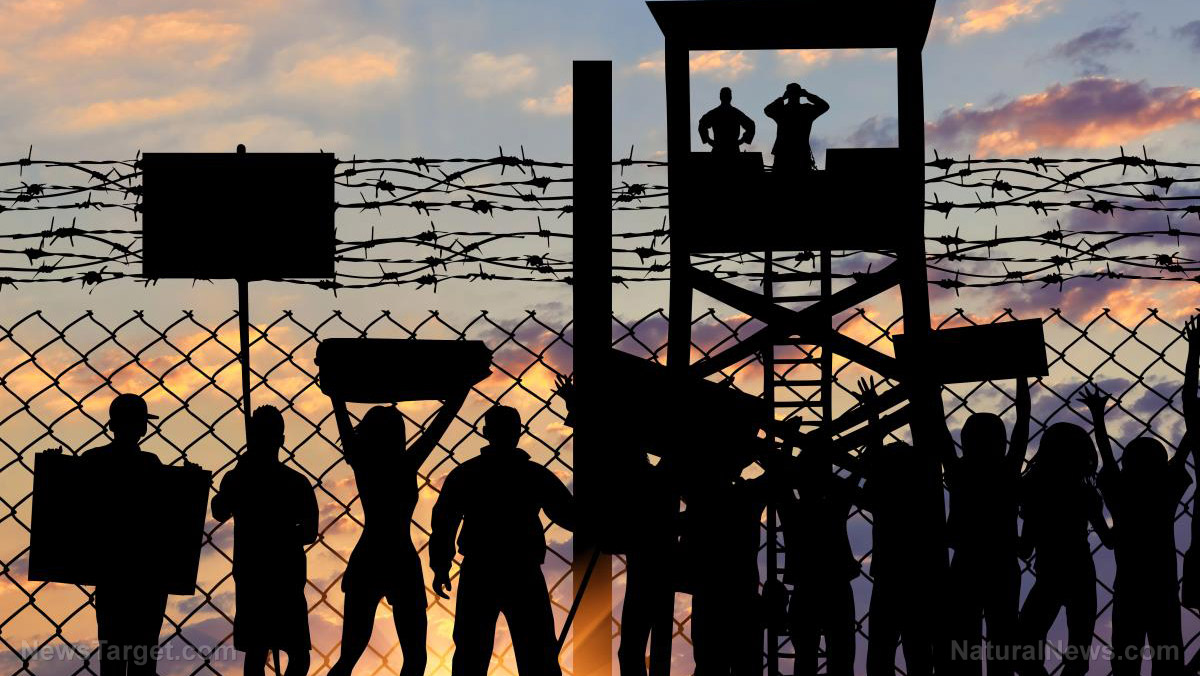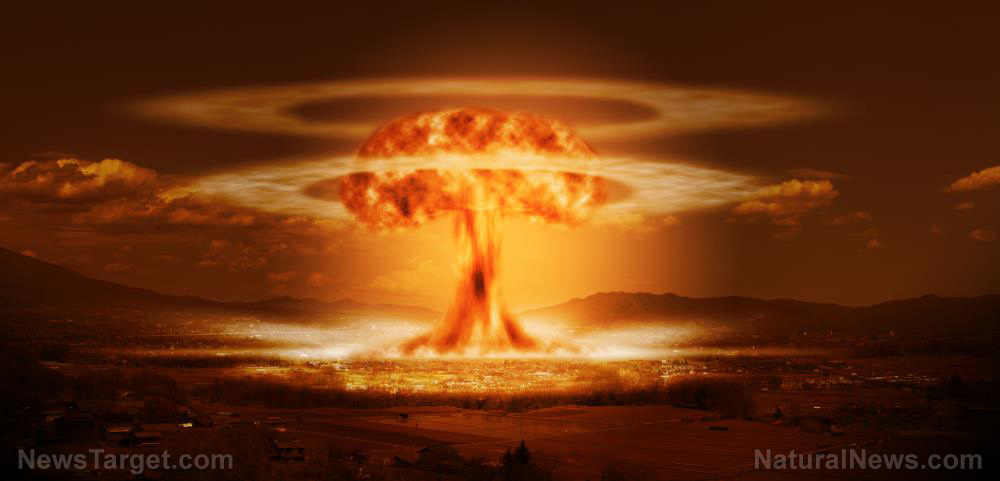 Parler
Parler Gab
Gab
OPEC+ members slashing production include Riyadh, Moscow
The 100,000 bpd reduction by OPEC+ amounted to only 0.1 percent of worldwide demand. According to OANDA Senior Market Analyst Craig Erlam, OPEC+'s earlier decision to increase production was not seen as a huge deal. "It's the symbolic message the group wants to send to the markets more so than anything," he said. "What we've probably seen from the markets was pricing in most of the worst-case scenario." Saudi Arabia based its decision to drop petroleum output on what it perceived as excessive oil price drops. However, it was not the only OPEC+ member announcing production cuts as Russia followed suit. According to Russian Deputy Prime Minister Alexander Novak, anticipations of fragile worldwide economic growth played a role in Moscow following Riyadh's decision to slash oil output. A report by the TASS news agency quoted Russian Energy Minister Nikolai Shulginov, who remarked that the country would most probably decrease its oil production by around two percent this year. Analysts predicted that the use of oil to generate power will increase. The prediction came amid Russian state-owned Gazprom saying it would halt pumping gas through the Nord Stream 1 pipeline because of a leak. In August, the International Energy Agency elevated its oil demand prediction for the year, partially because it anticipates gas-to-oil shifting in some nations due to record natural gas and electricity prices. Follow FuelSupply.news for more news about the global oil production. Watch the video below to know why OPEC has sounded the alarm on oil production and supply. This video is from the High Hopes channel on Brighteon.com.More related stories:
Saudi Arabia increases September oil prices for Asian buyers to record-high levels. Europe’s natural gas prices shoot up to record highs as Gazprom announces another pipeline shutdown. US oil prices rise to a 7-year high as conflict between Russia and Ukraine continues. Oil prices rise to multi-year high; analysts expect price surge to continue until end of year. Biden mulls deals with Iran, Venezuela after announcing ban on Russian oil imports. Sources include: Axios.com News.Yahoo.com Brighteon.comUnderstaffed and overworked: Nurses go on STRIKE in Minnesota
By Ramon Tomey // Share
Think tank: Texas should declare an INVASION at the southern border
By Arsenio Toledo // Share
A top Russian official quoted the Book of Revelation to describe what will soon happen to America
By News Editors // Share
Americans to pay more for gas as EU sanctions on Russian oil take effect by end of 2022
By Mary Villareal // Share
Governments continue to obscure COVID-19 vaccine data amid rising concerns over excess deaths
By patricklewis // Share
Tech giant Microsoft backs EXTINCTION with its support of carbon capture programs
By ramontomeydw // Share
Germany to resume arms exports to Israel despite repeated ceasefire violations
By isabelle // Share










